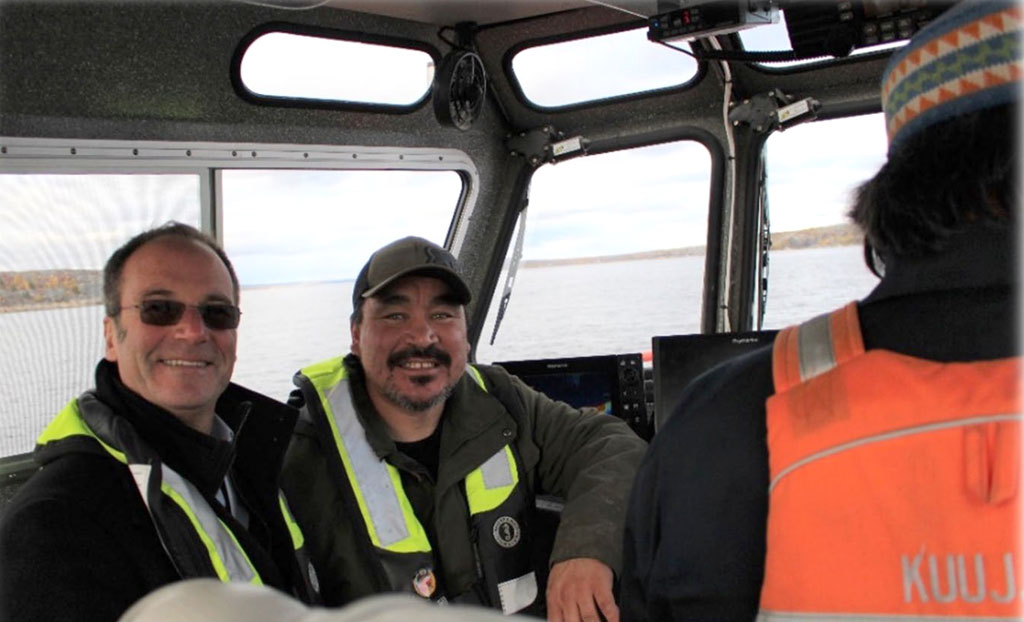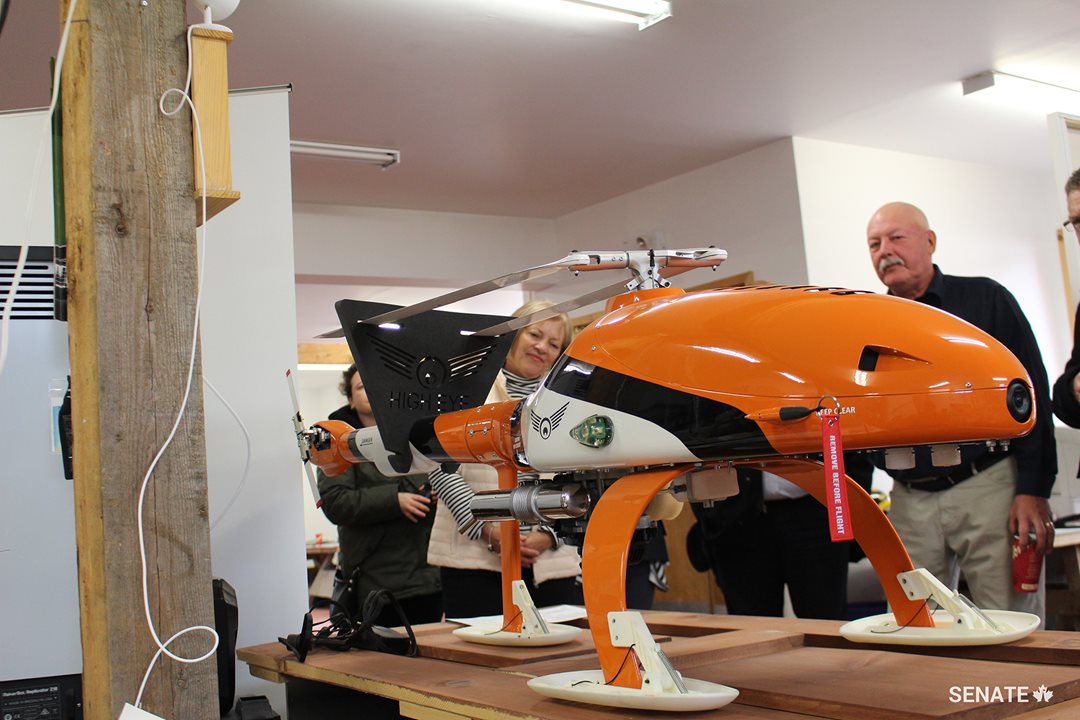Arctic search-and-rescue efforts need better training, more Inuktut, Canadian Senate report says
The number of search-and-rescue operations in the region is expected to increase.

Maritime search-and-rescue efforts in the Canadian Arctic need upgrades to radio communication systems, better training for volunteers and more Inuktut-speaking Coast Guard staff, a Senate committee said in a 71-page report.
The report, titled When Every Minute Counts, was released last week by the standing committee on Fisheries and Oceans.
The report said that as marine shipping grows in the Canadian Arctic, the number of search-and-rescue incidents is likely to grow as well.
“The possibility of maritime SAR incidents ranging from small to large-scale emergencies are expected to increase alongside this development,” the report said.
[Canadian Arctic shipping traffic nearly tripled over 25 years]
While marine traffic has doubled in Northern waters over the past 40 years, that traffic could double again within key transit routes over the next two years, the committee said.
The report cited last summer’s grounding of passenger cruise vessel Akademik Ioffe as an example of the growing numbers of SAR incidents in the Arctic.
In Canada, the military and the Coast Guard organize search-and-rescue efforts, but their vessels and aircraft take a long time to arrive where they’re needed.
“It has been estimated that, in a best-case scenario, it can take two to eight hours before the CCG [Canadian Coast Guard] or the CAF [Canadian Armed Forces] can reach an incident scene and begin assisting,” the report said.
Most incidents related to harvesting, travel between communities
Because the Coast Guard and the military can’t provide quick emergency response to marine areas of the Arctic, it’s crucial that community volunteer groups, such as Coast Guard auxiliaries and hunters’ and trappers’ organizations get the tools and training they need, the report said.
“The vast majority of maritime SAR incidents in this area have been, and continue to be, during traditional hunting, fishing, and inter-community travel.”
Right now, search-and-rescue efforts in the Arctic rely heavily on volunteers.
But members of volunteer groups can burn out without adequate support, such as training, equipment and help with recruitment, the report said.

“Many of the volunteers wear many hats: being an auxiliary, a Canadian Ranger, and a volunteer firefighter. These volunteers also spend considerable time on the land following a traditional hunting and fishing lifestyle to support their families,” the report said.
Through its Ocean Protections Plan, the Liberal government has promised to build up Coast Guard auxiliary groups in Northern communities.
And this summer a seasonal inshore rescue boat station arrived in Rankin Inlet.
That’s all happened since May of 2016, when the Senate committee began its study on maritime search-and-rescue in Canada.
And last month, the Department of Fisheries and Oceans created a separate Arctic region.
Coast Guard needs Inuktut speakers
The committee said governments need to do more, including making sure that Indigenous languages are spoken at marine rescue response offices.
That’s after the committee also heard that an Iqaluit Coast Guard office that monitors marine traffic had no staff member who speaks Inuktut.
The report calls on the Coast Guard to work with Inuktut speakers to make sure that local response groups and people in distress can be understood.
Language confusion can lead to delayed response times, and put lives at risk, the committee said.
“The committee was told that in the Arctic ‘time is mission critical’ and reliable communications save time.”
[We’re not ready to respond to oil spills, Arctic delegates tell Transport Canada]
There are also large “dead zones,” or gaps in radio frequencies in some remote Northern areas, which make communication even harder.
For example, there are three different radio frequencies used by different sizes of vessels, and sometimes aircraft don’t use the same kinds of radios that vessels use.
“The range and clarity of radio communications in Canada’s Arctic are concerning,” the report said.
The report makes 17 recommendations to improve maritime search and rescue operations in Canada.